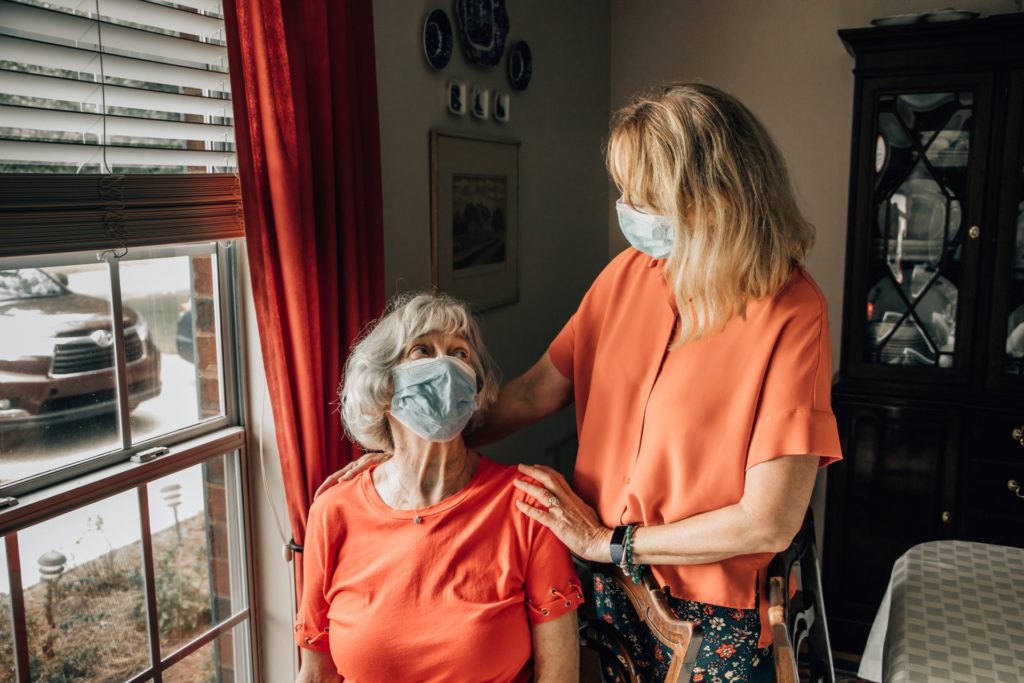Is a Guardian Needed? Consider Other Options
Some of the options are less intrusive than a guardianship or a conservatorship. Sometimes, guardianships and conservatorships are necessary when some members of a family believe a loved one is becoming mentally or physically incapacitated. However, there are other options, according to On Common Ground News in the article “Alternatives to guardianship and conservatorship.” What is the difference between the two? These are legal proceedings that vary in name from State to State. In Maryland, these proceedings are guardianships and take two forms: Guardian of the person and guardian of the property. A Guardian of the person decides on living situation and most medical care: The Guardian of the property handles the property and lets the appointed person their ward’s finances and assets, buy and sell businesses, and enter into commercial transactions. Either process will involve a court proceeding, ordinarily with an attorney representing the family and a separate attorney representing the incapacitated person. Guardian of the person can sometimes be avoided by relying on the Maryland Health Care Surrogate law, which basically allows next of kin to make medical decisions for someone who does not sign a living will or health care power of attorney. This can be a good alternative to Court if the family is united in their decision-making. It doesn’t work well if they are not. Alternative options for the Guardian of the property include a Durable Power of Attorney (DPA), which permits a competent individual to name another person as their legal representative regarding finances and other matters. There can be specific instructions, and this also can include an agent who is named to make health care decisions. A DPA is broader in power than a living will and applies any time the individual becomes incapable of either making or communicating health care decisions on their own behalf. A second alternative is creating and funding a revocable living trust, where you can appoint a chain of command to manage assets in the Trust. Many of our clients name a trustee child or other individual as a co-trustee to be in the wings to manage assets at disability. Options like powers of attorney and trusts have the distinct advantage of allowing the person to lose the capacity to make decisions while there is still time. Perhaps the last stage can set the stage for future family functioning or dysfunction. We recently represented a family with a child that is developmentally delayed, as has recovered a personal indury settlement for damages that are causing the delay. We were in the Howard County Circuit Court asking a Judge to consider allowing the funds to be placed into a special needs trust format so that they would not need to be spent before the State could render aid. The Judge approved that my clients were able to make plans for their child that would not involve ongoing Court intervention and allowed our request. She recognized that the family was capable, caring, and trustworthy to do so. An estate planning










